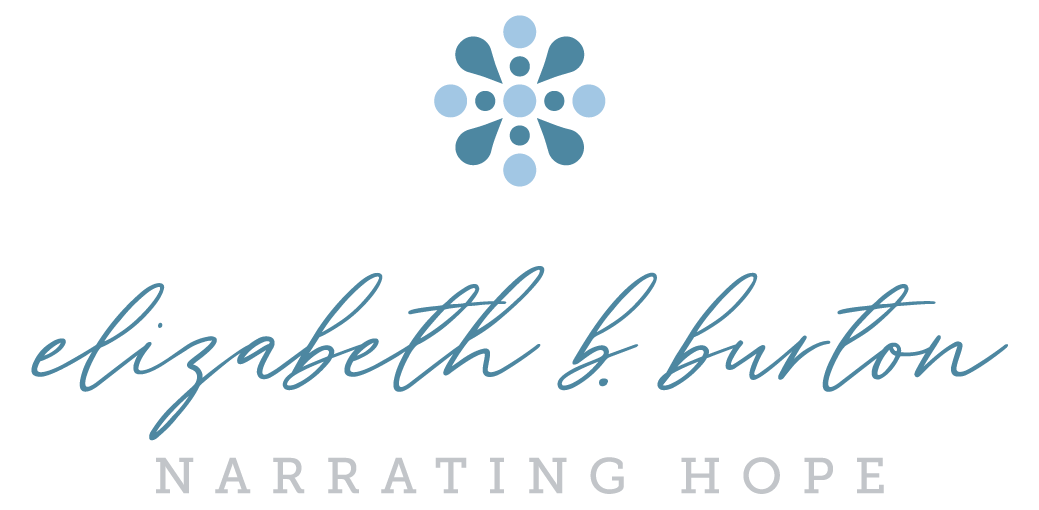Softening Anxiety’s Grip By Holding Things Lightly
Holding things lightly versus with clenched, tight fists is so helpful when nothing is going as planned and as hoped for. When something-like the weather, sickness, other people’s decisions-are outside of your control, focus on what you can influence.
In the context of this post, I am speaking more to every day frustrations versus profound disappointments and heartbreak that invite grief and mourning.
Stretch your Flexibility Muscle
Just like people train for athletics and grow in strength, we also have the ability to exercise and strengthen our mental and emotional flexibility. This comes more naturally for some of us than others. If you are someone who places a high value on plans, organization, order, and follow through, it can be especially difficult when things change and when things feel chaotic. Often a sense of security and safety is felt from things being just so and circumstances being calm and quiet. Yet, the reality is that things change all the time and that some chaos is simply a part of life.
Having a child can help significantly with this process of becoming more flexible and adaptable. Yet, parenting can also feel so chaotic that it becomes very natural to approach children with a great deal of rigidity, believing that imposing control is the only way to navigate in and through the chaos of parenting.
Personality Insight
The Myer Briggs personality test highlights the traits of judging vs. perceiving. Those who align more with the judging trait may resonate more with this whole post. However, remember that we are not stuck or fixed in a personality box. The point of the insight and self-reflection is to increase self-awareness which helps us as people to grow. There is great hope that someone who aligns as a “J” can become more flexible and adaptable, but it takes intention and a disruption of the auto-pilot responses. And remember, for any "J" people, that even if you seek to become more flexible, there are gifts in how you are wired, just as there are among "P" people. Personality is not about bad and good, moreso it's like a lightbulb helping with self-understanding and ideally growth.
Be Aware of Rigidity in Thinking & Behavior
Rigidity in our thinking often shows up as exacting precision of how things should be. Of course we can have ideals and aspire towards values and goals, yet we have to hold these things in the context of what is reality.
It is natural when things feel chaotic and out of control, to clamp down on control and potentially move into rigidity. This can be projected on others or circumstances around us–our work, around the house, and with parenting, or be self-focused in regards to eating, our bodies, exercise, and perfection in our appearances.
By becoming more self-aware, you can shift from the rigidity to a place that allows a little more freedom, breathing room, and joy.
Name your Emotions
Of course it is disappointing, upsetting, etc., when things do not go the way they have been envisioned, etc., and it’s natural to feel various emotions. Give yourself permission to feel what you feel, to notice it, and to name the emotions you are experiencing. You don’t have to pretend or mask your emotions. Often, simply by this compassionate response towards ourselves, we are more in a position to feel what we feel and then shift our focus towards more of what we can problem solve about and influence. This process alone can help lessen anxiety so that you are not continuously having looping thoughts about things that are outside of your control.
Creativity and the Flexibility Process
I think about coloring in a coloring book–whether an adult or child’s book–and the precision and security of coloring within the lines, yet much of what makes art so beautiful is getting outside of the boundaries of the lines, of seeing a bigger picture, and of experiencing some freedom and joy that everything does not have to be so precise.
Giving yourself permission to be creative can be a pathway that supports letting go of such precision and being more open to how things unfold.
In Closing
Faith can play a tremendous role in supporting this concept of holding things more lightly, lessening your grip, opening your palms, and receiving what's before you. Leaning into what’s before you and what actually is happening instead of how it was supposed to be can help it feel more peaceful, help you accept the reality around you, and even might help aspects of it to be experienced as a gift.
For Reflection
What is outside of my control?
What can I influence?
Where does rigidity show up in your life–In your eating? In your approach to exercise? In your relationships? In your home? In your parenting? Or less obviously, but in your thoughts?
How can I prioritize order when things need ordering, yet guard from rigidity?
How can I reframe the utter chaos I experience when plans change as more normal than catastrophic?
Do you ever allow yourself to metaphorically color outside the lines?
Do you have any creative outlets that you simply enjoy without there being so much pressure on the exact outcome of whatever you are attempting?
How can faith support you in the process of holding things more lightly?
Elizabeth B. Burton is a licensed professional counselor and life coach with Burton Counseling, PLLC. You can learn about Elizabeth here and about services provided here. Elizabeth also works with groups by providing workshops and speaking opportunities. Elizabeth communicates about mental health and well-being through both the Narrating Hope newsletter and podcast as well as through her writing. Elizabeth would love to connect with you and welcomes you to sign up for the newsletter, listen in to the podcast, reach out about working together, and connect on social media.

